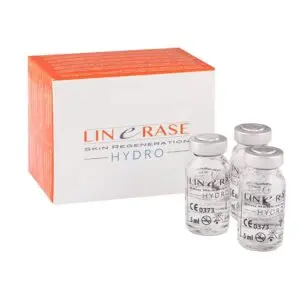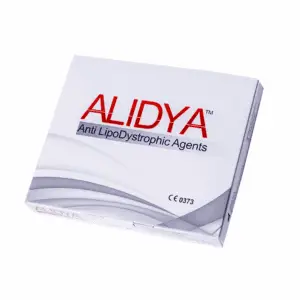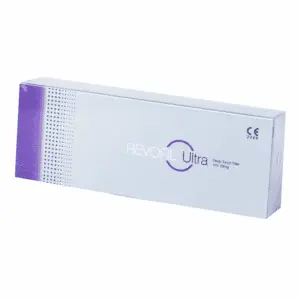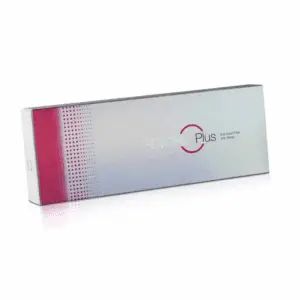Exosomes are small extracellular vesicles secreted by various cells, and they play a crucial role in cell communication, particularly in the fields of medicine and aesthetics. In recent years, exosomes have gained significant attention for their potential in aesthetic treatments, primarily due to their regenerative properties and ability to facilitate skin rejuvenation.
In aesthetics, exosomes are derived from stem cells and contain a range of bioactive molecules, including proteins, lipids, and nucleic acids. These components are essential for cell-to-cell communication and can significantly influence the behavior of recipient cells. When applied to the skin, exosomes can promote several therapeutic effects, such as increasing collagen production, enhancing skin hydration, and reducing inflammation.
The mechanism by which exosomes work involves their interaction with target cells. Once exosomes are introduced into the skin — often through procedures like microneedling or injection — they fuse with the target cells and deliver their unique cargo. This cargo stimulates various cellular processes, including growth factor production, which is critical for tissue repair and regeneration. As a result, exosomes can help accelerate the skin healing process, improve skin texture, and diminish the appearance of fine lines and wrinkles.
Moreover, exosomes have shown promise in addressing specific skin concerns, such as hyperpigmentation and scarring. Their ability to modulate the skin’s inflammatory response makes them a valuable tool for clients suffering from conditions like acne or rosacea, as they can help reduce redness and promote an even skin tone.
The use of exosomes in aesthetics is still in its developing stages, and ongoing research aims to refine techniques and understand the full extent of their benefits. However, the current findings suggest that exosome therapy could be a game-changer in aesthetic treatments, offering a more natural and effective approach to skin rejuvenation without the risks associated with more invasive procedures.
In conclusion, exosomes represent a promising frontier in aesthetic medicine, providing innovative solutions for skin rejuvenation and repair, thereby enhancing the overall appearance and health of the skin. As research progresses, the integration of exosome therapy into aesthetic practices is likely to expand, offering new opportunities for practitioners and clients alike.











